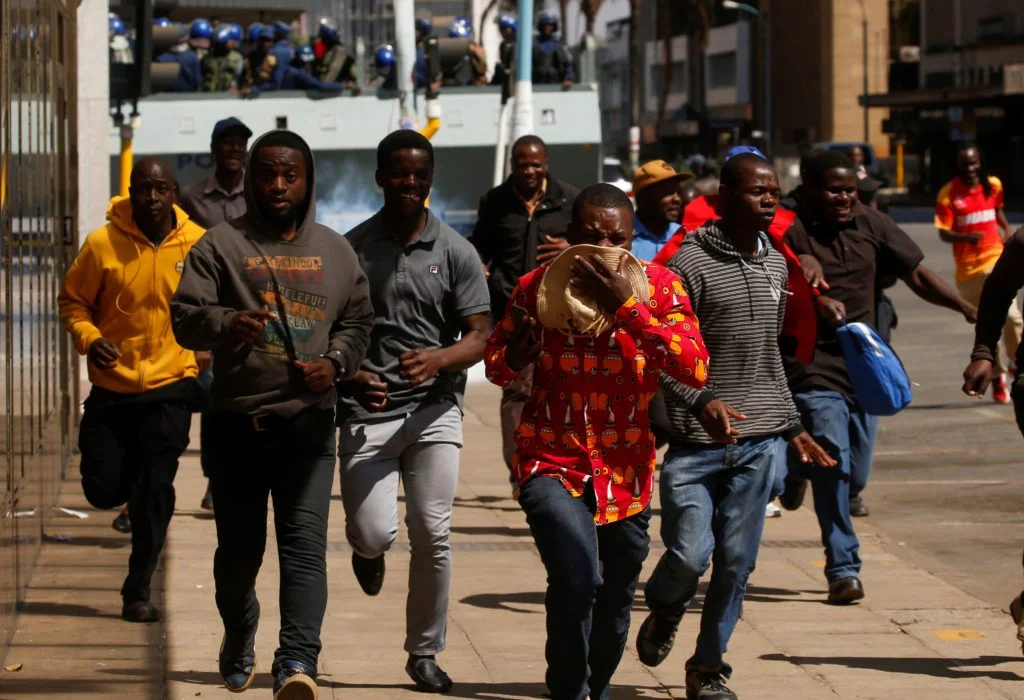Zimbabwe’s political history is marred by decades of authoritarian rule, economic mismanagement, and human rights abuses. Since the ousting of long-time leader Robert Mugabe in 2017, hopes for democratic reform have been high. However, under President Emmerson Mnangagwa, the country has seen little progress towards meaningful political change. With rising economic hardships and increasing repression, Zimbabweans are once again questioning whether true democracy is within reach.
Zimbabwe’s political landscape remains deeply entrenched in the same power dynamics that defined the Mugabe era. Mnangagwa, who was once heralded as a reformer, has largely maintained the status quo, using the same authoritarian tactics to suppress opposition and silence dissent. The military, which played a key role in removing Mugabe, remains a dominant force in the country’s political affairs, making it difficult to envision a future without heavy-handed governance.
Economic woes continue to plague Zimbabwe. Hyperinflation, food shortages, and widespread unemployment have driven millions into poverty. The government’s inability to stabilize the economy, coupled with international sanctions, has left the country isolated and struggling. Protests and strikes have become common, as citizens demand better living conditions and greater political freedom, but the government’s response has been one of increased repression.
The opposition, led by the Movement for Democratic Change (MDC), has failed to mount a significant challenge to Mnangagwa’s rule. Internal divisions and government crackdowns have weakened their ability to mobilize support. Meanwhile, civil society groups, human rights activists, and journalists continue to face harassment, arrests, and violence, further stifling any chance of meaningful political discourse.
Conclusion:
Zimbabwe’s path to democracy remains uncertain. While hopes for reform have been dashed under Mnangagwa’s leadership, the demand for change persists among the country’s citizens. Whether Zimbabwe can break free from its authoritarian past will depend on the strength of its civil society, the resilience of its opposition, and the willingness of the international community to engage in meaningful dialogue with the government.




















